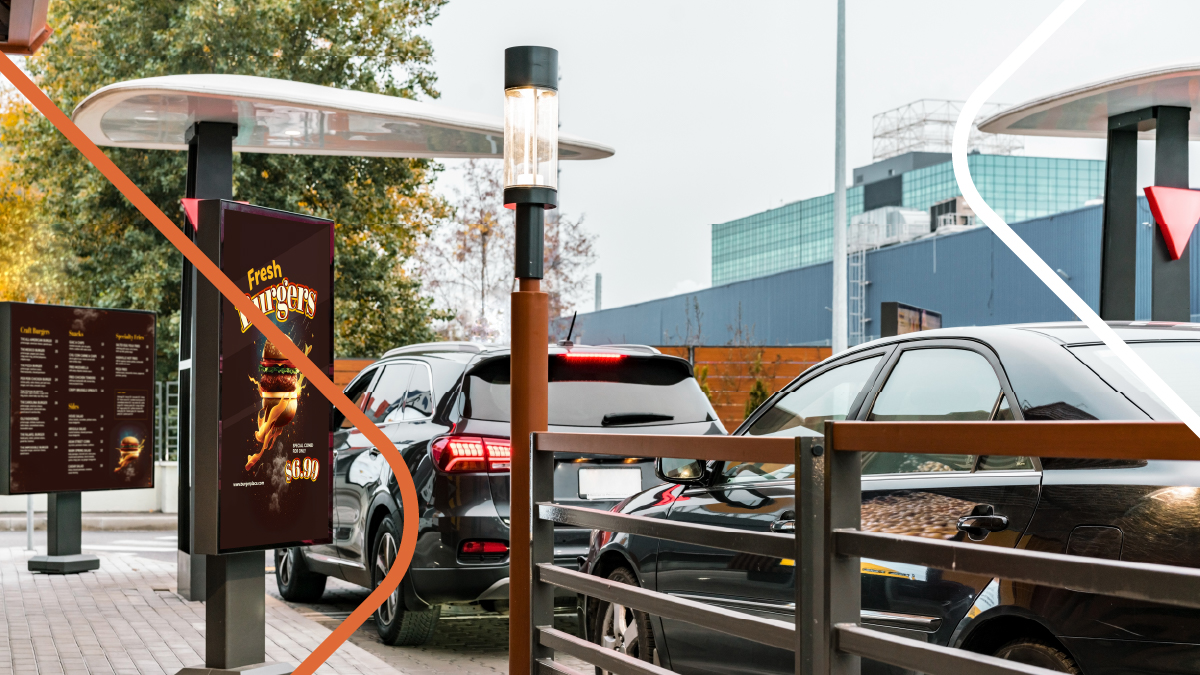
The field service industry is always dynamic, constantly influenced by a complex interplay of market forces and the crosscurrents of macroeconomics. Despite economic concerns, field service demand is on the rise, presenting opportunities amid ongoing challenges.
As we explore the mid-year outlook, the field service landscape is marked by a volatile mix of headwinds and tailwinds. Let’s explore the key factors influencing the market for the second half of 2023 and into 2024.
Tailwinds pave the way for continued expansion
Better than expected economic performance
Despite the fast-paced increase in the federal funds rate (the fastest in 40 years) and forecasts of a recession, the economy is performing better than expected. Thanks to strong consumer confidence, spending continues to increase, as evidenced by the Census Bureau July retail sales data. This data (excluding gas and auto sales) indicates a 1% increase from the previous month and a 3.2% increase from the same period last year. Also, remarkably low unemployment rates—the lowest in fifty years—continue to uphold strong growth, as U.S. GDP expanded 2.4% during the second quarter of 2023.
Rising site openings and remodels
The market is experiencing an impressive surge in new store openings and remodels, with over 6,500 projects on the horizon. This surge extends beyond retail to encompass distribution centers, warehouses, and logistics facilities. The growth presents a golden opportunity for significant field services work in:
- Fiber cabling
- Copper cabling
- Networking infrastructure
- Wireless networking
- Sensors
- Cameras
- Access control systems
- Point of sale systems
- Digital signage and interactive kiosks
- Robotics
This wave of innovation paves the way for a flourishing field services market with an estimated market value of $1.5 billion.
Point of sale (POS) upgrades
A significant tailwind comes from the momentum in POS and mobile POS (mPOS) upgrades, resulting in 26% growth in the last 12 months. The focus is on integrating NFC (Near Field Communication) chips, a trend projected to continue through 2025. This trend translates to an expansive IMAC (Install, Move, Add, Change) opportunity in the POS domain.
Data center expansion
The data center segment is experiencing monumental growth, with a projected CAGR of 10% until 2030. This surge involves establishing new data centers and upgrading existing facilities, offering a wealth of opportunities in data center infrastructure, particularly for fiber cabling, servers, storage systems, and rack and stack.
Physical security technology
Physical security technology is booming, especially in categories such as IP cameras and door access systems. This trend includes diverse sectors, such as retail and education, driven by loss prevention initiatives in retail and security concerns in schools and campuses. The heightened demand resulted in a 41% increase in field service work, primarily fueled by the installation of this equipment.
Headwinds pose persistent challenges
Economic uncertainty
Volatility persists with the rising cost of capital and the necessity for businesses to carefully rationalize and prioritize their CAPEX spend. The upcoming retail holiday season forecast is a pivotal factor influencing market dynamics.
Stubborn core services inflation
While inflation in goods and energy may show signs of deceleration, services inflation remains steadfast. The gradual reduction in services inflation is a trend to monitor closely, with full de-inflation not anticipated until the latter half of 2024.
Supply chain disruptions
Though supply chain disruptions are gradually decreasing, the field service industry remains susceptible to turbulence. The recalibration of American-Chinese trade relations, marked by the lowest tariffs on Chinese imports since 2006, has direct and ripple effects on the industry’s operational stability, and has forced importers to seek alternatives. The result is continued project delays.
Computer shipment decline
End user computing projects are down 12% in the last 12 months due to market saturation. However, growth is expected again beginning in 2024, according to Gartner projections.
Adapt and thrive with on-demand labor
Embrace the dynamic field service landscape with the agility of on-demand labor. Connect with our team to explore how Field Nation can empower you to navigate market volatility and meet evolving demands.






